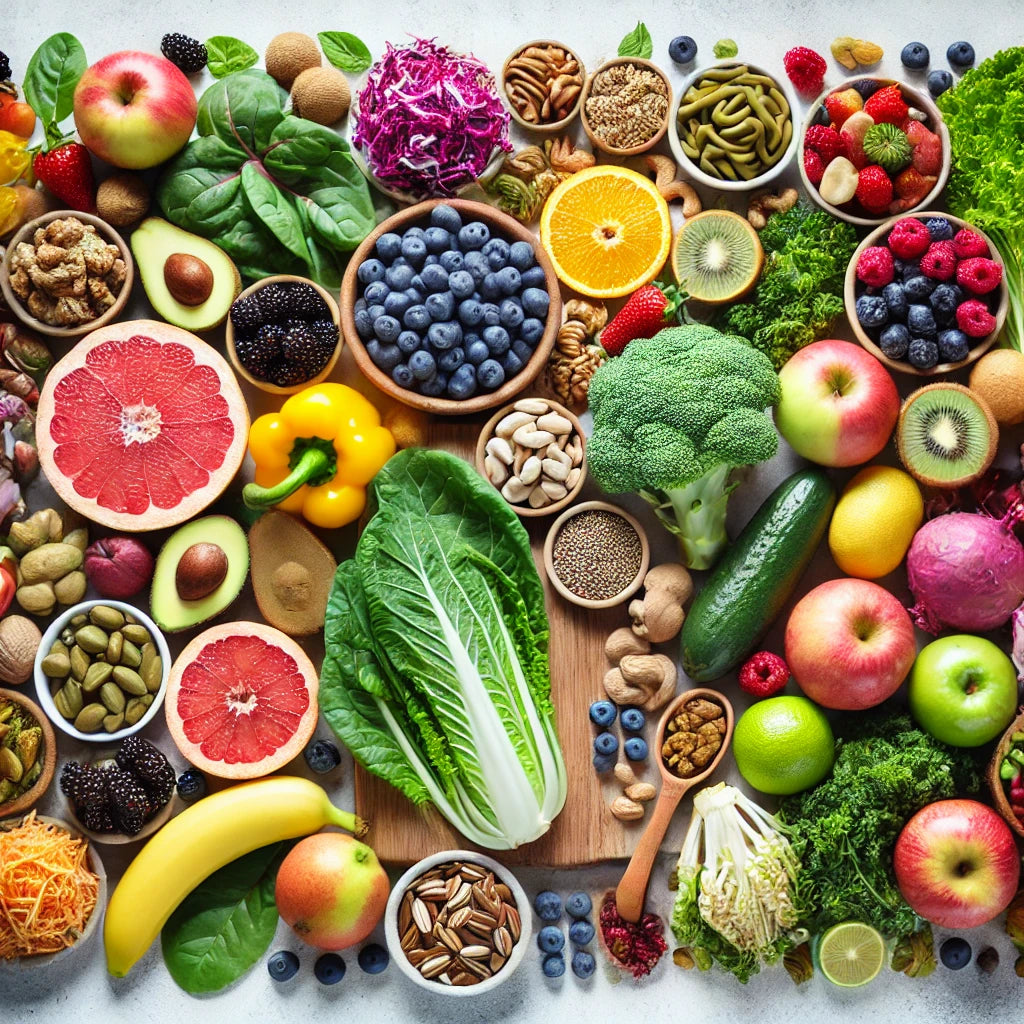News — inflammation
Cordyceps Benefits for Lung Health and Respiratory Conditions
antifibrotic breathing Cordyceps Cordyceps benefits dosage guidelines holistic health immune booster inflammation lung function lung health natural remedy natural supplement respiratory conditions respiratory support scientific research traditional Chinese medicine
Cordyceps, a unique fungus prized in traditional Chinese medicine, is celebrated for its potential to enhance lung health and support respiratory function. This remarkable natural remedy has been used for centuries to help manage respiratory conditions and improve overall breathing capacity.
In this comprehensive guide, we explore the various ways Cordyceps can benefit lung health, delve into the scientific research behind its effects, and offer practical tips for safely incorporating it into your wellness routine. Whether you are new to herbal supplements or looking to expand your knowledge, our supportive and research-backed insights will empower you to take control of your respiratory well-being.
How Does Chronic Stress Affect White Blood Cell Count?
chronic stress chronic stress effects immune function immune health inflammation lifestyle changes scientific research stress management well-being white blood cell count
Chronic stress is a persistent condition that not only affects our mental and emotional state but also our immune system. In this article, we explore how chronic stress can alter white blood cell count, impacting overall immune function.
Whether you’re new to this topic or looking for advanced insights, you’ll find scientific evidence, practical tips, and lifestyle strategies to help maintain your immune health.
How Can Sarsaparilla Root Improve Your Blood Health?
antioxidants blood health blood purification blood tonic cardiovascular health circulation heavy metal detox herbal remedies herbal tea holistic wellness inflammation iron absorption natural detoxification natural supplements organic sarsaparilla red blood cell production saponins sarsaparilla root Smilax plant traditional medicine
Sarsaparilla root has been a staple of traditional medicine for centuries, praised for its potential to enhance blood health and overall well-being. This humble root, derived from various species of the Smilax plant, contains a wealth of bioactive compounds that make it a powerhouse of natural healing. In a world increasingly seeking natural alternatives to promote vitality, sarsaparilla root stands out as a compelling option.
But what exactly does sarsaparilla root do for your blood health? From its ability to cleanse toxins to its role in promoting circulation, this article dives deep into its multifaceted benefits. We'll also explore how you can incorporate it into your daily routine to support your body’s needs naturally.
Eat Raw, Feel Great: The Gut-Healing Power of Raw Foods
digestive balance digestive health energy boost enzymes in raw foods fermented foods fiber-rich diet fresh fruits gut bacteria gut health gut microbiome healing foods inflammation leafy greens natural foods organic diet probiotics raw diet raw food recipes raw foods sprouted grains
Feeling vibrant and energized can often trace back to a healthy, balanced gut. One of the most effective ways to achieve this balance is by integrating raw foods into your diet. From boosting beneficial bacteria to providing essential enzymes, raw foods can nourish your gut and support overall wellness. Understanding the role that raw foods play in gut health can help you make simple yet powerful dietary changes that will leave you feeling great inside and out.
Raw foods are rich in fiber, natural enzymes, and nutrients that help balance the digestive system. Unlike processed foods, which can harm gut health, raw foods often have a cleansing effect. For anyone looking to enhance their digestion, reduce inflammation, and cultivate a healthier lifestyle, exploring raw food options may hold the key to transformation.
Harnessing the Power of Cat's Claw: A Complementary Therapy
anti-inflammatory antioxidant anxiety arthritis cat's claw complementary therapy depression fibromyalgia health wellness immune system inflammation natural remedy pain relief stress relief
Historically, the use of cat's claw dates back thousands of years, with indigenous tribes of the Amazon rainforest utilizing it for various medicinal purposes. The vine first caught the attention of Western medicine in the 1970s when researchers began exploring its bioactive compounds and potential health benefits. Today, it remains a popular natural remedy, often consumed in teas, tinctures, and supplements.





